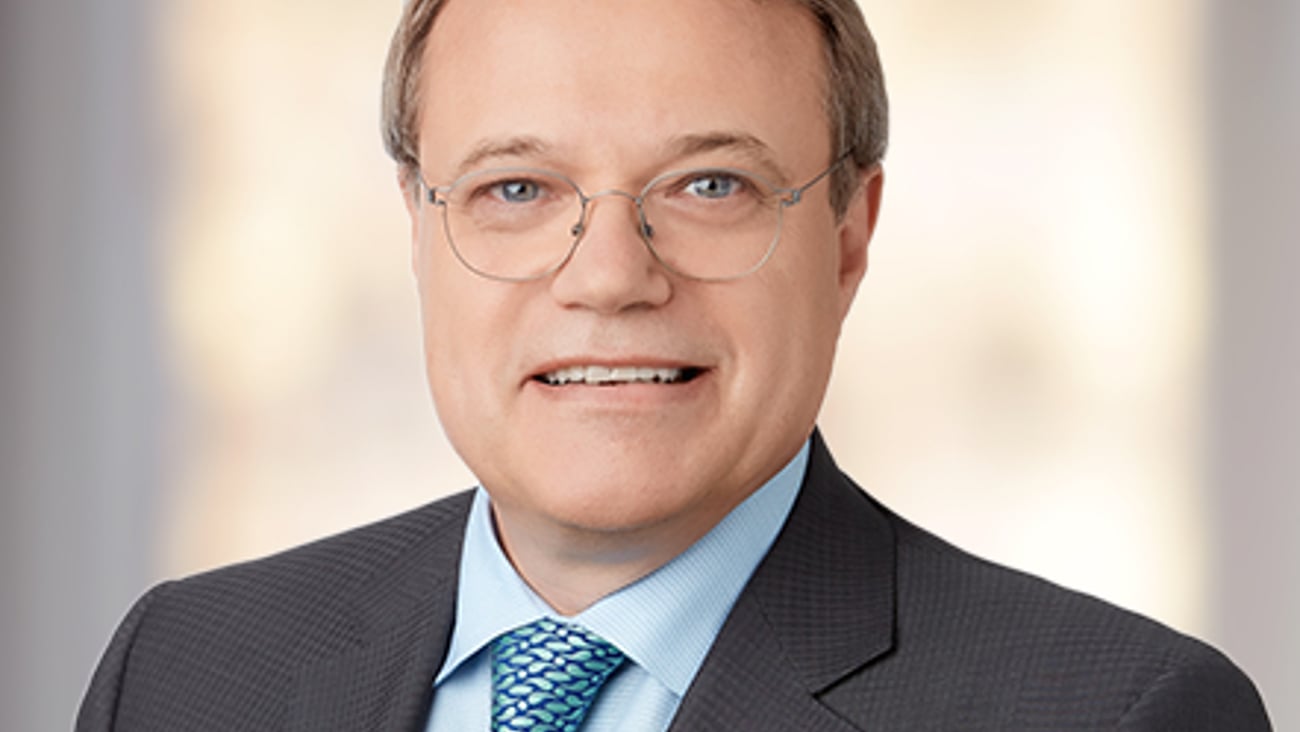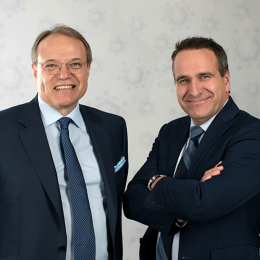Educating the next generation of pharmacy family members
As many readers know, we have a passion for preparing the next generation of pharmacy owners and investors.
A growing list of clients (and their children) have expressed an interest in learning about stocks, bonds, and financial concepts like compounding interest. Often the next generation has yet to reach the age of majority, so opening an investment account in the child’s own name is out of the question. But that doesn't mean it's too early to start the financial education process.
Given that most Canadian school curriculums spend little or any time preparing the next generation of investors, we’ve prepared some content earmarked for young investors. Furthermore, technology has given birth to the Reddit-fuelled irrational trading we saw earlier this year.
What should parents do?
Here is an option for parents to consider:
Open an in-trust account – an informal trust used by adults so they can invest funds on behalf of a minor, but still remain in control of the actual investment account.
In-trust accounts
We have several parent/grandparent clients who have opted to utilize in-trust accounts (ITF) (sometimes called informal trusts) and want their children or grandchildren to begin learning about investing.
Like a registered education savings plan, an in-trust account is opened at a financial institution. But unlike an RESP, it can be used to pay for pretty much anything once the child hits the age of majority. Also, there’s no maximum, as there is with an RESP.
In-trust accounts are also much easier to open than formal trusts, and don’t require initial or continuing legal fees.
Beware though that, generally, all income earned in an ITF investment account is attributed back to the donor – the parent or grandparent – and must be included in their statement of income and taxed accordingly. However, there are exceptions. If the funds come from Canada Child Benefit payments, or the child’s inheritance, then the child pays the tax – presumably at a much lower rate. The same tax treatment applies to any money earned by the child from a part-time or summer job. Their money, their tax.
When do you start and what you should be aware of?
The ideal time/age to open an ITF for your child is typically between 8 and 18. The likelihood of success in opening such account is greatly enhanced if you are already an investment account holder. Having an existing relationship with a financial institution and advisor is advisable. There are tax filing requirements and reporting obligations for these accounts, and parents need to keep meticulous records detailing where the money originally came from.
Once an in-trust account is set up, it belongs to the child. Period. There’s no way to give the money back to the original donor, regardless of circumstances. What’s more, once children reach the age of majority (which varies by province), they can wind up the trust, take the money and run. It’s theirs. Many young adults will act responsibly, but there’s no guarantee.
As always, it's best to talk to your financial advisor and see if establishing an ITF makes sense in your particular situation. Whatever you decide, it is never too early to begin to teach your children about investing.
Mike Jaczko, BSc. Phm, RPh, CIM, FEA, a pharmacist by background, is a portfolio manager, partner and member of KJ Harrison Investors, a Toronto-based private investment management firm servicing individuals and families across Canada. For more information on this topic, email [email protected] or visit www.kjharrison.com.
Max Beairsto, B.Sc. Pharm., MBA, CVA is a pharmacist and valuation analyst with Enterprise Valuators Corporation (EVCOR), an Edmonton-based business valuation firm that focuses on business valuations and sale advisory of small and mid-sized private companies. You can reach him at [email protected] or visit www.evcor.com.


